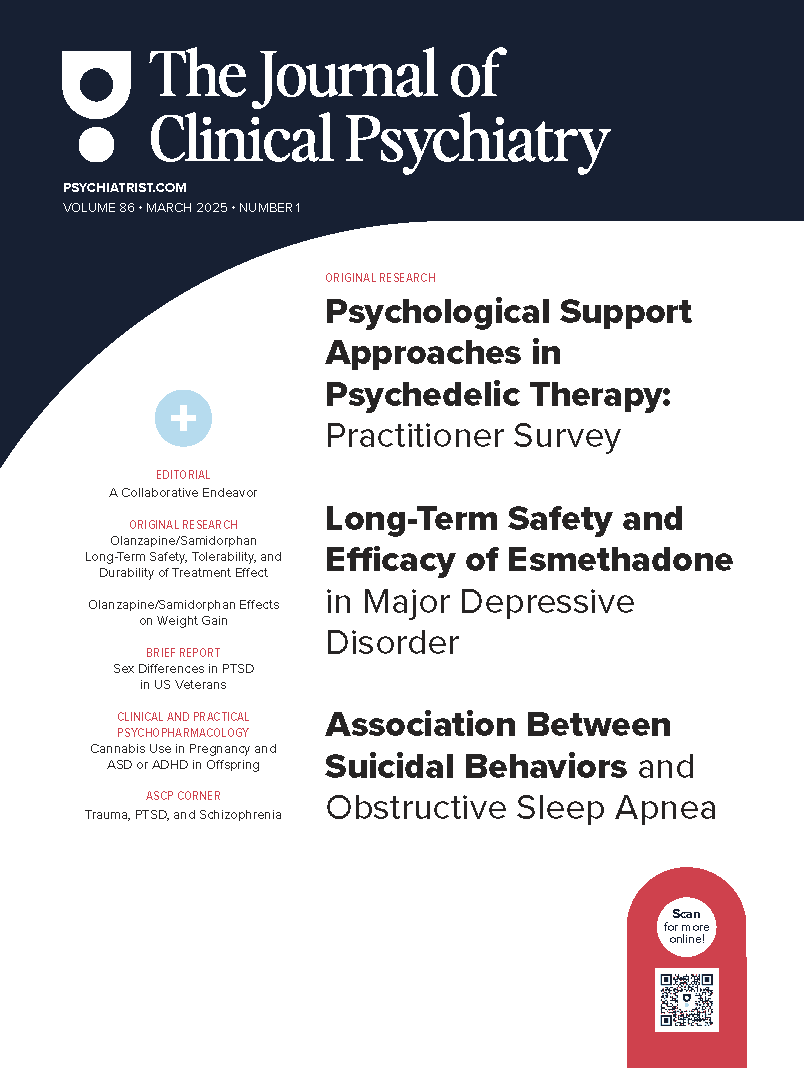Objective: To estimate the prevalence of anxiety disorders in pregnant and postpartum women and identify predictors accounting for variability across estimates.
Data Sources: An electronic search of PsycINFO and PubMed was conducted from inception until July 2016, without date or language restrictions, and supplemented by articles referenced in the obtained sources. A Boolean search phrase utilized a combination of keywords related to pregnancy, postpartum, prevalence, and specific anxiety disorders.
Study Selection: Articles reporting the prevalence of 1 or more of 8 common anxiety disorders in pregnant or postpartum women were included. A total of 2,613 records were retrieved, with 26 studies ultimately included.
Data Extraction: Anxiety disorder prevalence and potential predictor variables (eg, parity) were extracted from each study. A Bayesian multivariate modeling approach estimated the prevalence and between-study heterogeneity of each disorder and the prevalence of having 1 or more anxiety disorder.
Results: Individual disorder prevalence estimates ranged from 1.1% for posttraumatic stress disorder to 4.8% for specific phobia, with the prevalence of having at least 1 or more anxiety disorder estimated to be 20.7% (95% highest density interval [16.7% to 25.4%]). Substantial between-study heterogeneity was observed, suggesting that “true” prevalence varies broadly across samples. There was evidence of a small (3.1%) tendency for pregnant women to be more susceptible to anxiety disorders than postpartum women.
Conclusions: Peripartum anxiety disorders are more prevalent than previously thought, with 1 in 5 women in a typical sample meeting diagnostic criteria for at least 1 disorder. These findings highlight the need for anxiety screening, education, and referral in obstetrics and gynecology settings.
Continue Reading...
Members enjoy unlimited free PDF downloads as part of their subscription! Subscribe today for instant access to this article and our entire library in your preferred format. Alternatively, you can purchase the PDF of this article individually.
Please sign in or purchase this PDF for $40.00.
Already a member? Login


